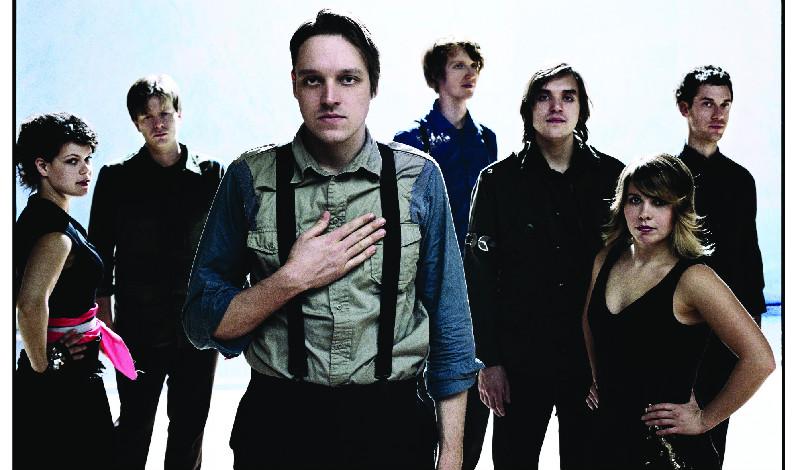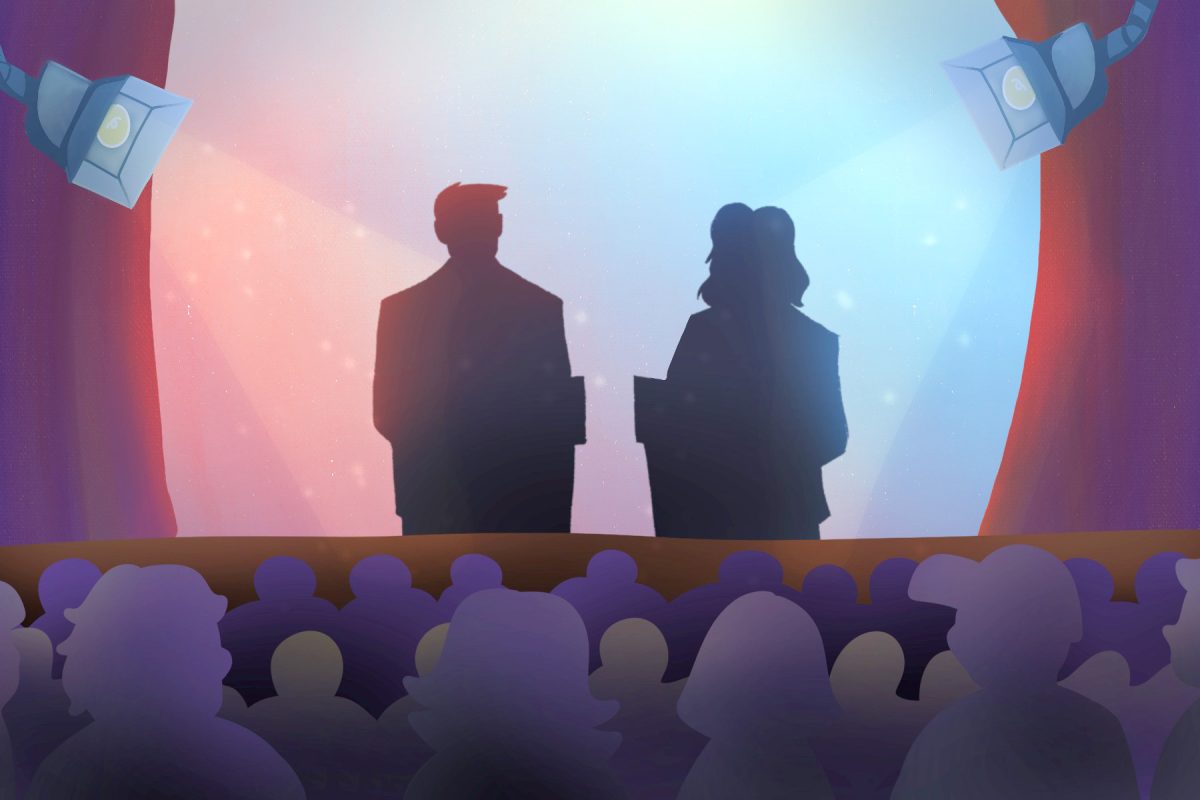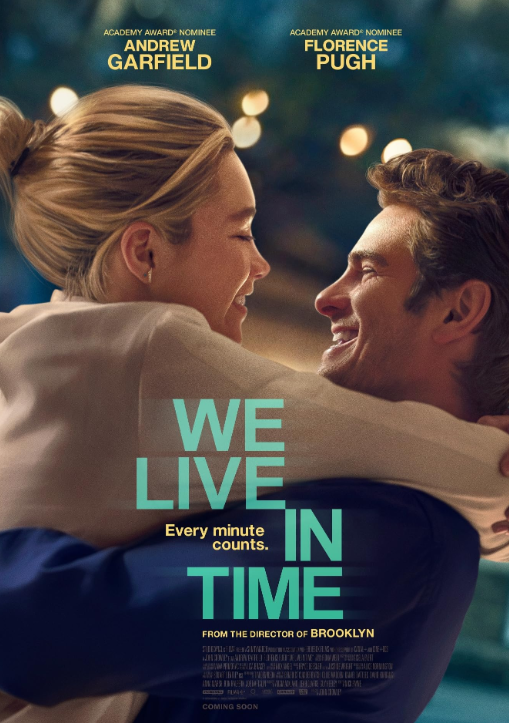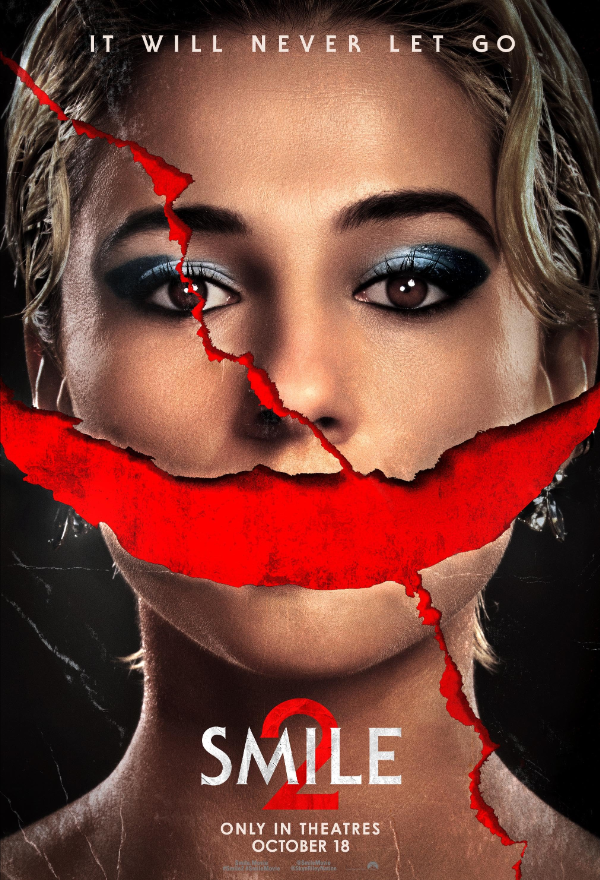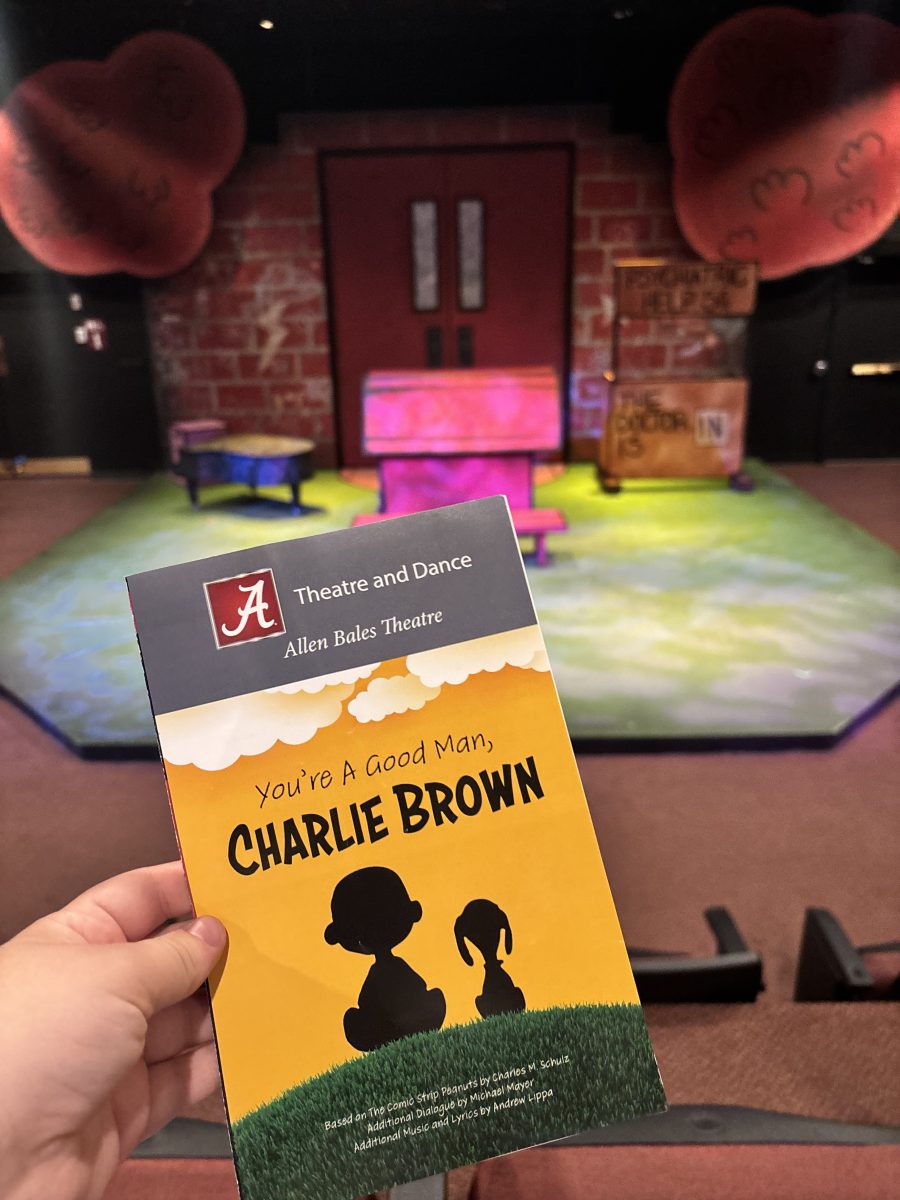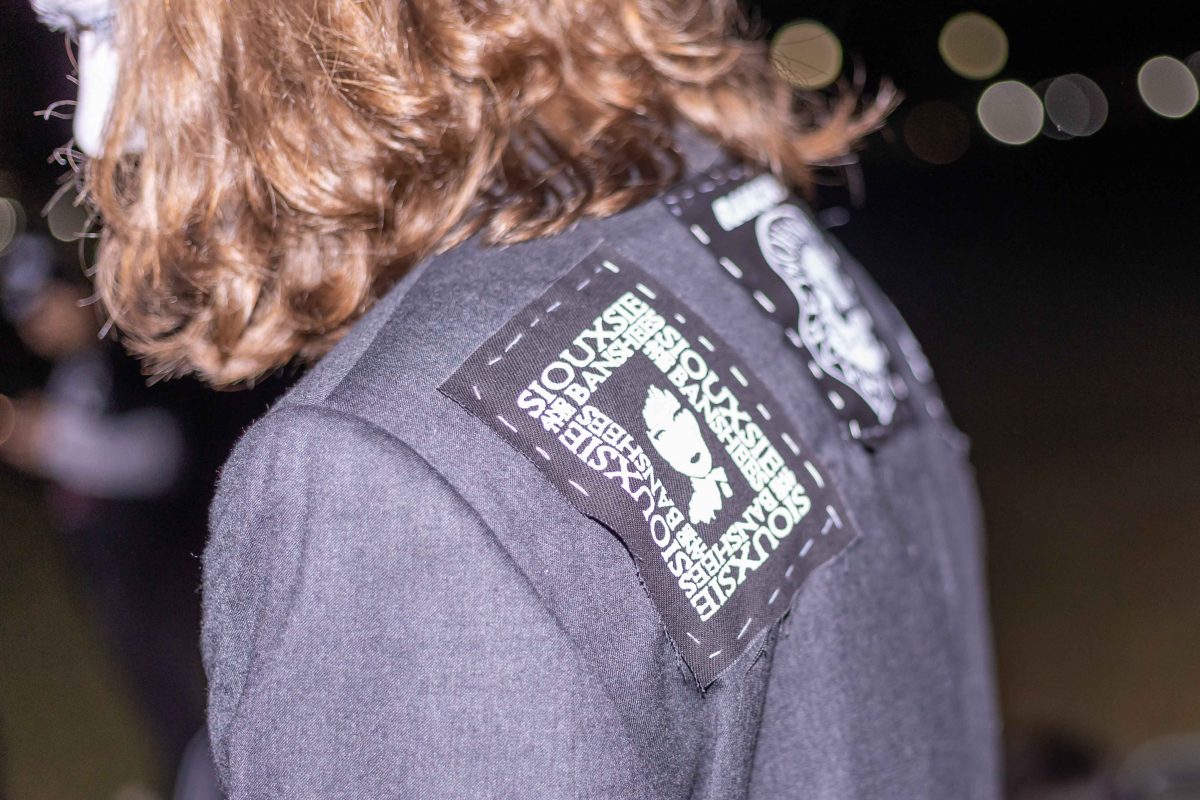After three agonizing years of wait, the Canadian-American group The Arcade Fire has finally brought a new record to the world, titled “The Suburbs.”
To those unfamiliar with the baroque pop band’s surprising brush with success, the group released a highly acclaimed record in 2004 called “Funeral,” an album deserving of being considered one of the best records of the past 10 years. The follow-up, 2007’s “Neon Bible,” is just as fascinating, if a bit flawed.
However, “The Suburbs” seems to be the finest way to return to complete form, taking the elements of the two previous records and fusing them together in commentary both insular and worldly.
It seems ridiculous to say that chief songwriter and vocalist Win Butler is attacking suburban white kids through the course of the record, but there are definitely some sharp barbs, among other things, levied at the band’s own fans.
In “Rococo,” Butler mocks the attitudes of wordy hipsters he labels “the modern kids,” rebuking their tastes, speech and attitudes about life in the process. Butler does have a point and probably would be one of the few rock types who vehemently hates cultish fans hanging on his every word. So he transmits a message to those who would do just that.
Of course, if it was merely Butler’s attacks, the album would grow tiresome, and thankfully the music’s flow never feels repetitive or tiresome, bouncing from the haunting title track to the rushed “Month of May,” another rebuke on Butler’s own neurosis about being a “modern rock star.”
The fiery Butler is a former native of Texas who moved to Canada and later married fellow Arcade Fire vocalist Regine Chassagne. The dynamic of Butler and Chassagne, even more than the incredible instrumentation, has always given the band its jaw-dropping appeal, and once again, Butler’s anger counterbalances Regine’s tenderness.
The band sounds upbeat in songs like “Empty Room,” which is practically a positive endorsement on “being yourself” done in the most realistic way possible and not containing any element of cheesy sentiment. Regine coos, “When I’m by myself, I can be myself,” toying the line of agoraphobia while facing off and rebuking the inherently fake nature of the suburbs.
Regine only really plays lead in two tracks on “Suburbs,” the aforementioned “Empty Room” and “Sprawl II,” where her soft-spoken tone turns great listening into classic music. After staging the character of “the suburbs” almost as if it is a disaster movie, Regine’s coda is depressing, beautiful and transcendental. “I need the darkness, could you please cut the lights?” she asks as the music soars into low-tuned piano keys. She is defeated, but settled in her new environment. Like the disaster movie, we all have to meet the consequences of the villain, but the villain is normalcy.
So perhaps “The Suburbs” is a classic made out of pure depression that the rebellious days will always die. We will all move into our houses, get married and live out our lives in semi-interesting but far too similar ways.



